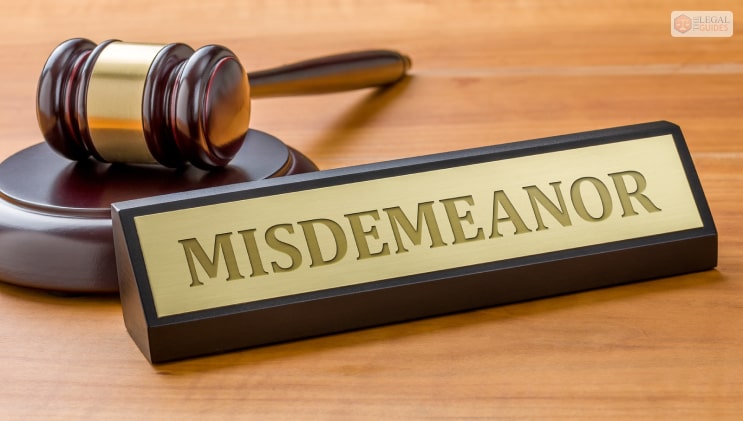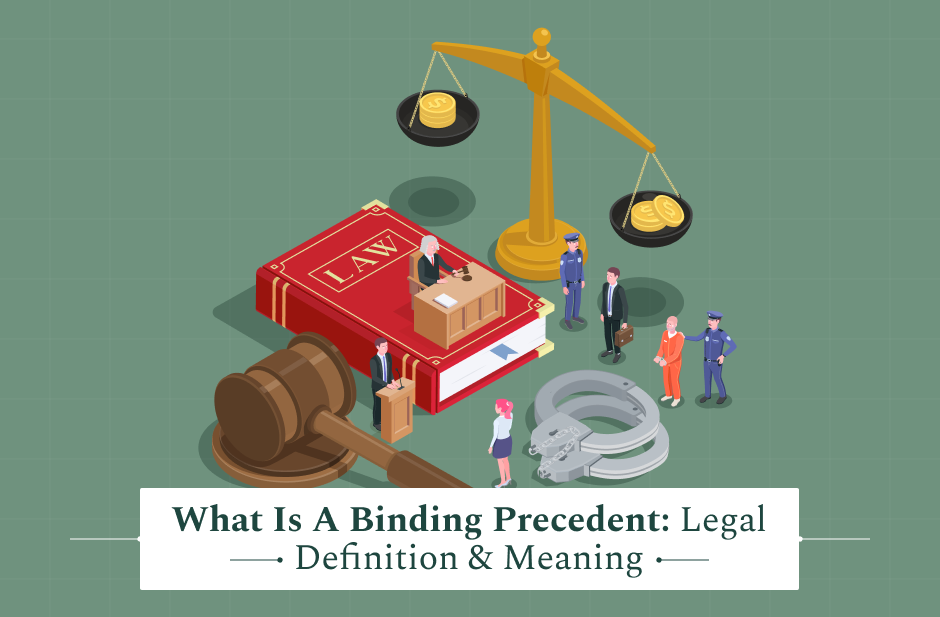If you are wondering what exactly is the difference between misdemeanor and felony you have come to the right place. Both are crimes but they differ in magnitude. In American law, the system often distinguishes and makes a classification of criminal offenses based on the seriousness of crimes.
The judicial system of the United States usually distinguishes between felonies and misdemeanors. There is also a different set of offenses bordering petty offenses and would-be crimes. Most offenses that cause harm to other people are usually punishable by law – a trial may take place, a jury might give a verdict, or none of these might happen.
So, let us get into the difference between misdemeanor and felony without much adieu.
History Of Misdemeanor And Felony

So, what is the difference between a felony and a misdemeanor?
To know this in detail, let us look into the history of both of these. In English common law, crimes are usually distinguished into summary offenses and indictable offenses. An indictable offense is one that may be tried in front of a jury that has been established for that very purpose.
Whereas, for summary offenses, as the name suggests, the cases are usually resolved without much delay, summarily without the help of a jury. An indictable offense is divided further into other felonies, misdemeanors, and treason.
The English common law makes use of a fundamental principle in the process of determination and classification of an offense into either of these. In some cases, a crime may be considered to be a misdemeanor when the situation involves huge social peril.
Such social peril is usually much more than most felonies recognized by statutes. In such cases, the punishment for a misdemeanor may end up being greater than that of a felony.
What Is A Misdemeanor?

A misdemeanor is a kind of offense that has been declared to be punishable under the law of the land. It is usually a crime that is said to be deserving less than twelve months in prison.
Most commonly used punishments for a person guilty of misdemeanors include:
- Community service,
- Imprisonment for less than twelve months,
- Fines,
- Probation,
States can distinguish a misdemeanor under the following category:
- Class A
In such cases, the misdemeanor is usually punished with a maximum of one year in prison but a minimum of six months.
- Class B
In these cases, a misdemeanor is punished with a minimum of thirty days in prison and a maximum of six months.
- Class C
In these cases, a person accused of a misdemeanor gets a minimum of five days in prison and a maximum of thirty days.
What Is A Felony?

A felony is usually a more serious grievous crime. It may accompany huge penalties, and fines, certainly not community service but instead, more than twelve months in prison in most cases.
A felony is often considered to be a crime of great seriousness. It is considered to be of equal importance throughout the United States of America. A felony is punishable, usually more than a year, and much more if the crime is a really serious one.
States like New Jersey do not distinguish between offenses and thus do not use the particular term felony. However, in most states, a felony can be identified by the length of the prison sentence that was granted for the particular crime.
A sentence that has more than one year is usually scheduled to be served in a federal prison facility, state prison facilities are often considered to.
A felony can be of different types:
1. Class A felony
A crime that usually gets a prison sentence of life or the death penalty.
2. Class B felony
These crimes are usually punishable with twenty-five years in prison and sometimes more.
3. Class C felony
Class C felony these crimes are usually punishable with a maximum of twenty-five years and a minimum of ten years in prison.
4. Class D felony
These crimes get a maximum of ten years and a minimum of five years.
5. Class E felony
These crimes are punished with at least one year in prison and a maximum of five years in prison.
The Great Distinction

The primary distinction between felony and misdemeanor is way less significant when it comes to law in the twenty-first century. The distinction mostly occurs in a lot of European countries. The French penal code lays down the difference between the two (delits and contraventions).
However, the difference between English common law and North American law has been considered to be negligible.
And It Is A Wrap!
So, what’s the difference between misdemeanor and felony? A criminal charge be it a felony or a misdemeanor is not to be taken lightly at all.
Not only does it warrant a prison sentence, sometimes a community service, a large or a small fine, loss of employment, stressful situations at home or in your head. It is best if you do not consider sorting out the difference between a misdemeanor and felony and instead go look for a good criminal defense lawyer who can hear out your troubles and give you legitimate legal advice.
It is often advised to be completely honest with your attorney and keep nothing from them. That way they can build their case and their defense arguments in the best way possible and ensure that you win the case.
Be sure to leave a comment below if you have any doubts regarding the article.
And do let us know if you found the article informative.
Read Also:
















